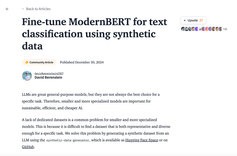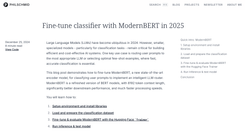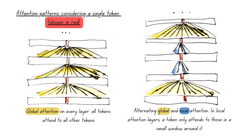
Abstract
Recent research has highlighted the importance of dataset size in scaling language models. However, large language models (LLMs) are notoriously token-hungry during pre-training, and high-quality text data on the web is approaching its scaling limit for LLMs. To further enhance LLMs, a straightforward approach is to repeat the pre-training data for additional epochs. In this study, we empirically investigate three key aspects under this approach. First, we explore the consequences of repeating pre-training data, revealing that the model is susceptible to overfitting, leading to multi-epoch degradation. Second, we examine the key factors contributing to multi-epoch degradation, finding that significant factors include dataset size, model parameters, and training objectives, while less influential factors consist of dataset quality and model FLOPs. Finally, we explore whether widely used regularization can alleviate multi-epoch degradation. Most regularization techniques do not yield significant improvements, except for dropout, which demonstrates remarkable effectiveness but requires careful tuning when scaling up the model size. Additionally, we discover that leveraging mixture-of-experts (MoE) enables cost-effective and efficient hyper-parameter tuning for computationally intensive dense LLMs with comparable trainable parameters, potentially impacting efficient LLM development on a broader scale.






